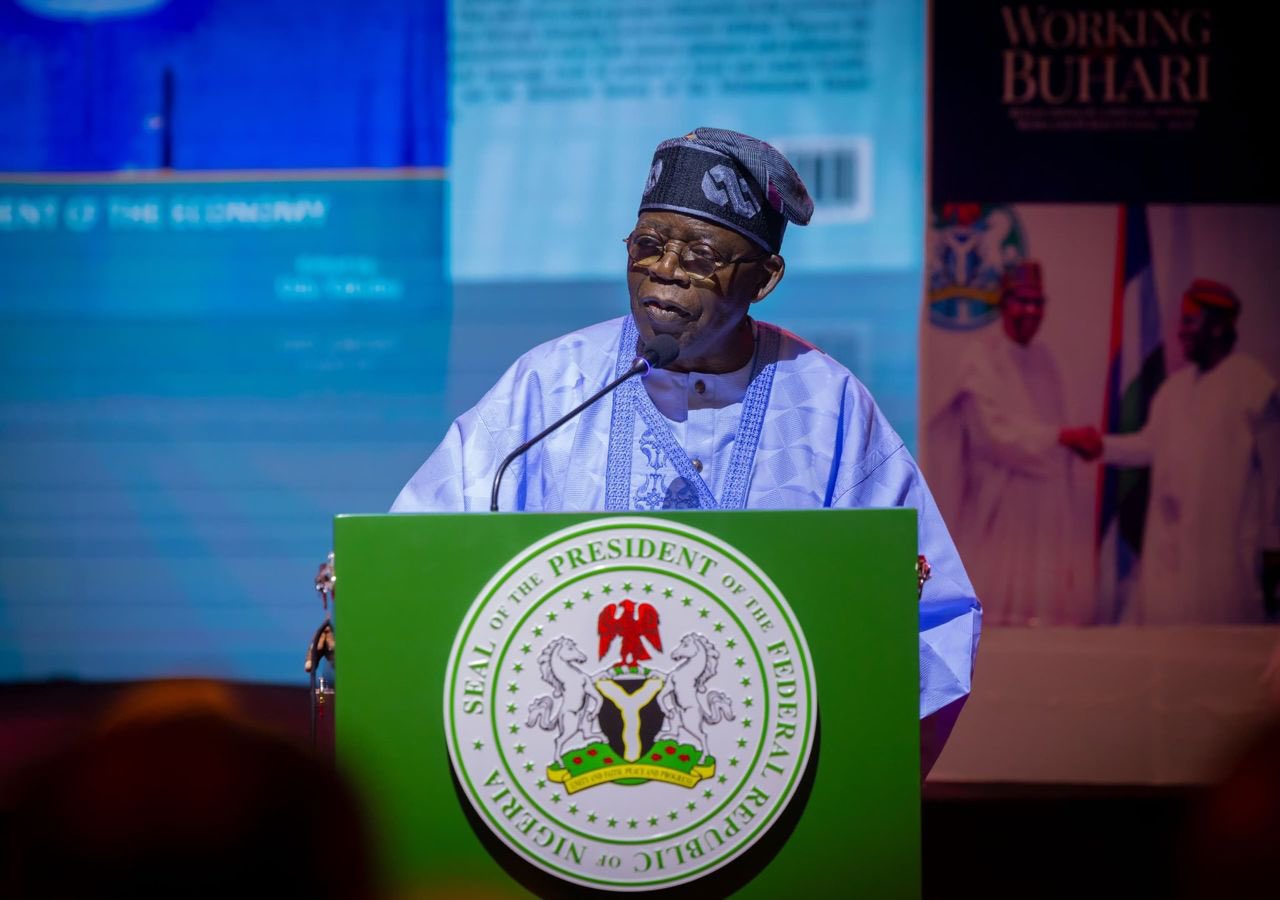The Nigerian government on Thursday firmly reiterated its stance that the era of petrol subsidy has ended, dismissing a leaked draft report that suggested a staggering N5.4 trillion could be spent on fuel subsidies in 2024.
The leaked draft of the Accelerated Stabilization and Advancement Plan (ASAP), presented to President Bola Tinubu by Finance Minister Wale Edun on Tuesday, had estimated fuel subsidy expenditure for 2024 at N5.4 trillion, significantly higher than the N3.6 trillion spent in 2023 and N2.0 trillion in 2022.
Reacting swiftly, Presidential Spokesman Bayo Onanuga urged the public and media to disregard the documents, stating they were merely policy proposals still subject to review at the highest levels of government.
“The government wants to restate that its position on fuel subsidy has not changed from what President Bola Ahmed Tinubu declared on 29 May 2023. The fuel subsidy regime has ended. There is no N5.4 trillion being provisioned for it in 2024, as being widely speculated and discussed,” Onanuga said in a statement.
He emphasized that the Tinubu administration remains committed to mitigating the effects of subsidy removal and easing the cost of living pressures on Nigerians through strategies like addressing food inflation and implementing the Compressed Natural Gas (CNG) initiative to displace high premium motor spirit (PMS) and automotive gas oil (AGO) costs.
The federal government had previously declared an end to the petrol subsidy regime in December 2022, contrary to the World Bank’s claim that subsidies were still being paid. In April, former Kaduna State Governor Nasir El-Rufai had also alleged that the government was spending more on petrol subsidies than before.
However, the Presidency maintains that the leaked documents do not represent the official position, and policymaking involves multiple drafts and discussions before finalization.
The ASAP draft, containing suggestions for improving the Nigerian economy, was received by President Tinubu on Tuesday but remains subject to comprehensive reviews and approvals, according to the government’s statement.



